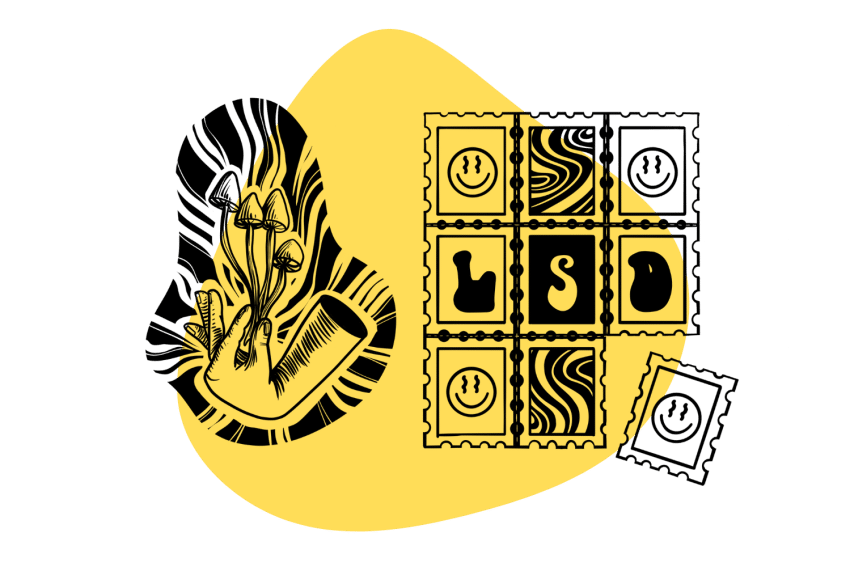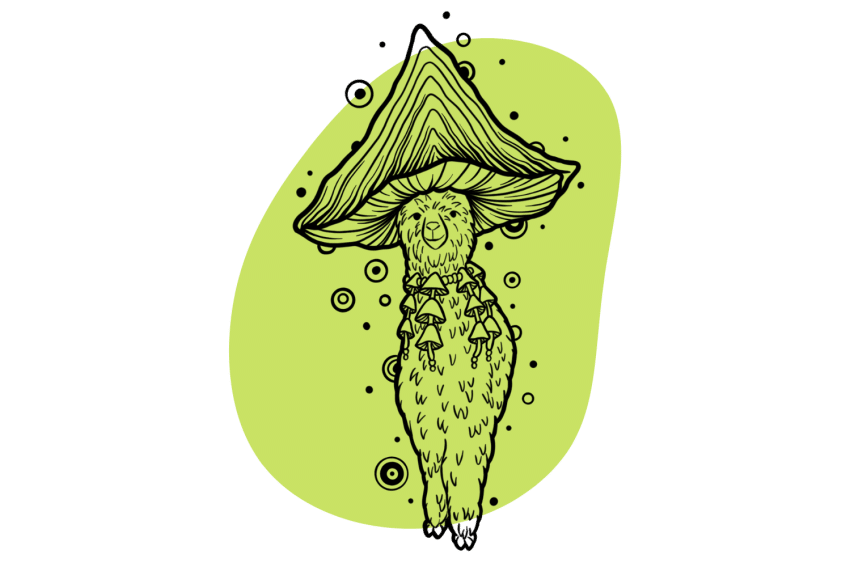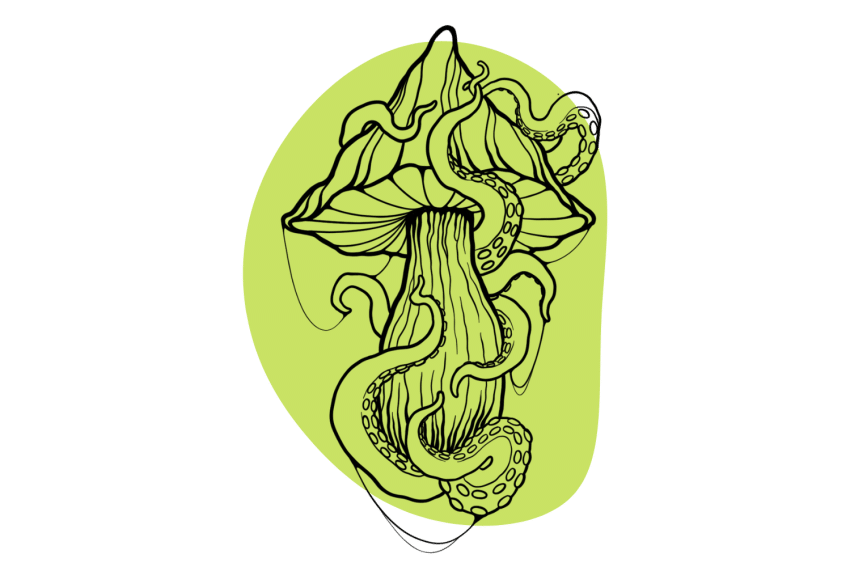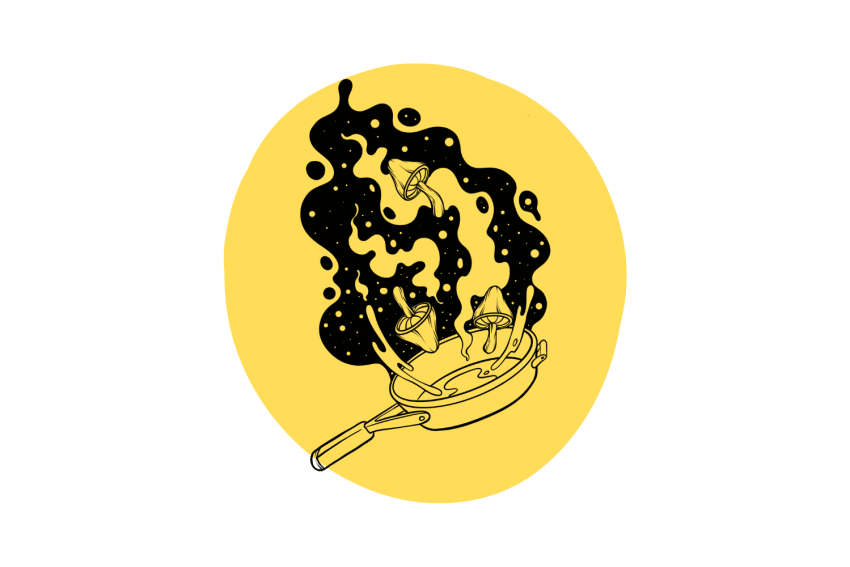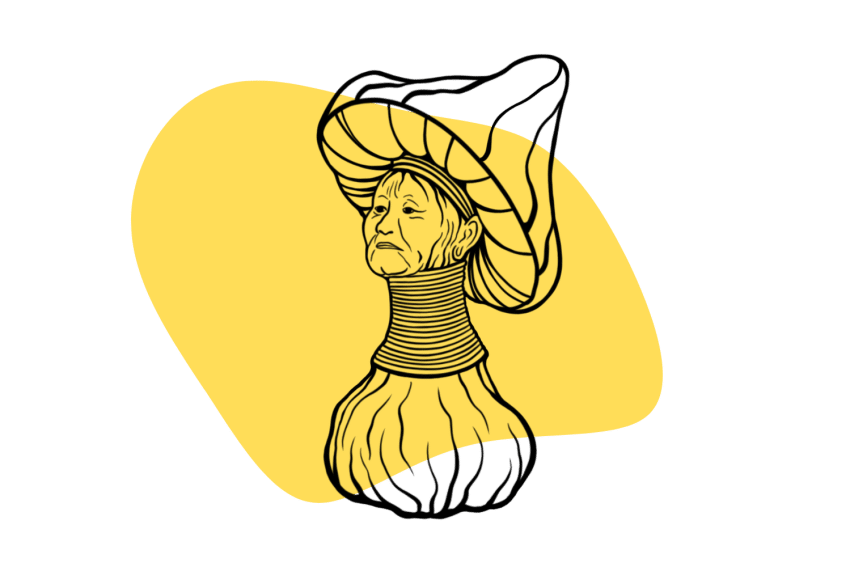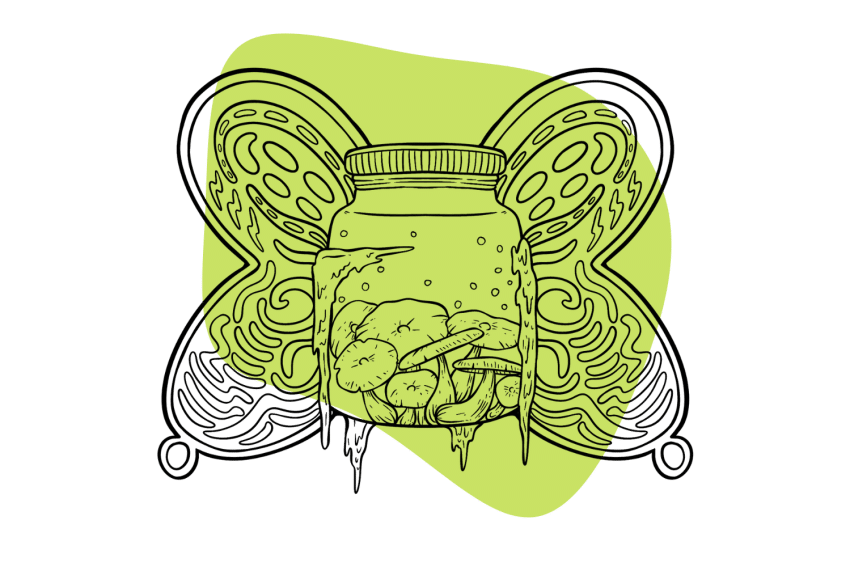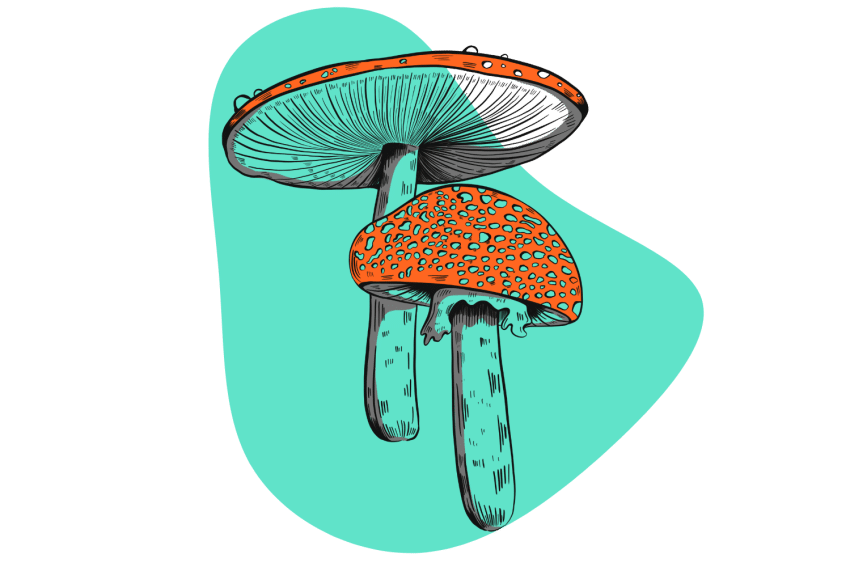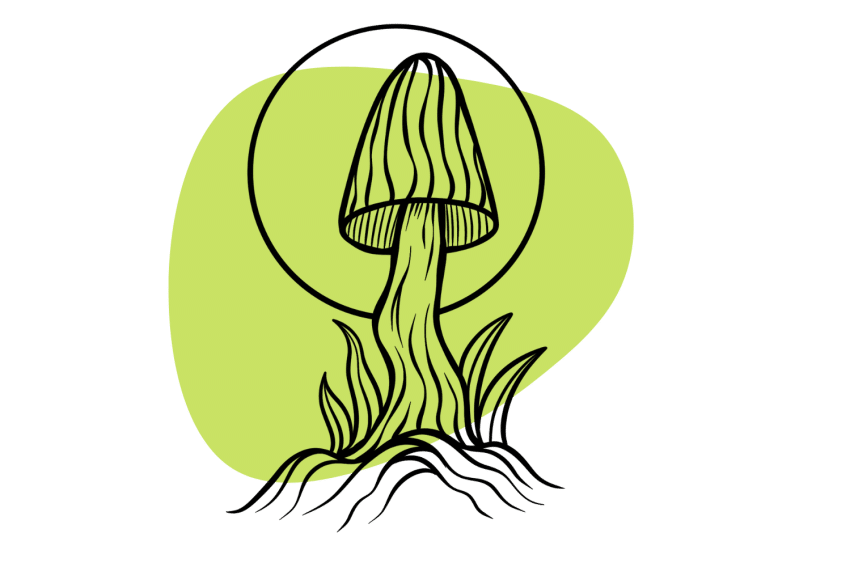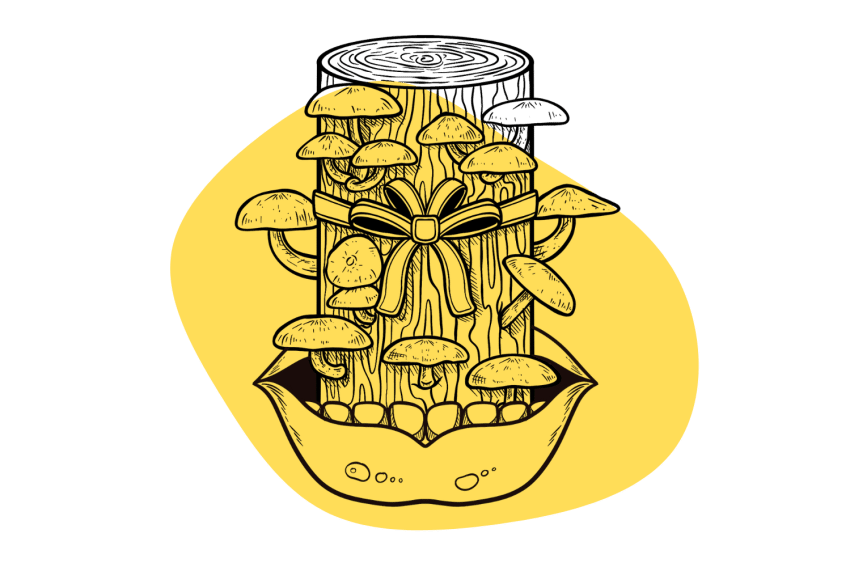Are Psychedelics Legal in Colombia?
Colombia contains a pharmacopeia of powerful psychedelic plants and fungi. Unfortunately, most of them are strictly prohibited.
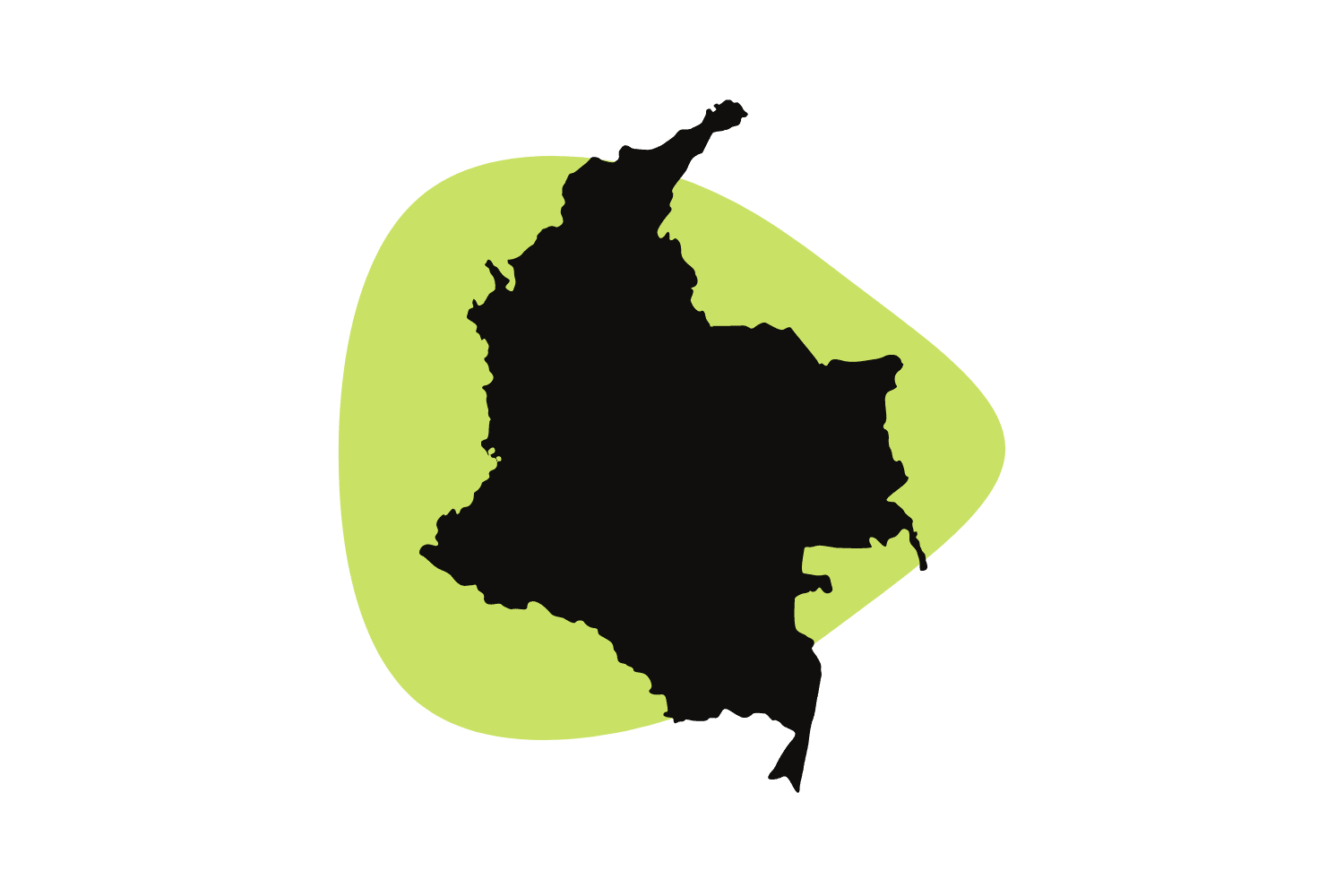
After briefly decriminalizing all drugs in 2012, the country has since reverted back to a hard prohibitionist stance. All psychedelics are considered illegal in Colombia — for now.
There are talks about decriminalizing the use of certain entheogenic plants and fungi and introducing a legal framework for substances that provide medicinal value — such as MDMA or ketamine.
Colombian drug laws are complex. Learn the current laws for magic mushrooms, LSD, DMT, mescaline, ketamine, and more.
Summary of Psychedelic Drug Laws in Colombia
- All psychedelics are illegal in Colombia under the UN Convention on Psychotropic Substances.
- You may receive penalties of up to twelve years in prison, depending on the amount found.
- Ayahuasca (DMT) is not regulated.
- Marijuana is legal for medicinal use, but recreational use is punishable by severe fines.
Sources:
- Law 30 of 1986- By which the National Narcotics Statute is adopted and other provisions
- Personal Use Limits | Drug Policy Facts
- Guide to cannabis regulations
- Local laws and customs – Colombia travel advice – GOV.UK
- Colombia’s Duque scraps “personal dose” as part of larger anti-drug policy | The City Paper Bogotá
Are Magic Mushrooms Legal in Colombia?
In Colombia, there is no restriction on the acquisition, carrying, and consumption of magic mushrooms in their natural and unprocessed form; this includes spores and mycelium.
However, Article 376 of Law 1453 of 2011 states that all substances included in the United Nations Convention on Psychotropic Substances are prohibited in Colombia. The active ingredients of magic mushrooms, psilocybin and psilocin, are included in the list.
Hence, possessing pure or synthetic psilocybin and psilocin (e.g., in capsules or crystals) will result in law enforcement penalties.
The penalties for carrying small quantities of prohibited substances are tremendously harsh — 64 to 360 months (30 years) of imprisonment and fines of 2 to 150 legal monthly minimum wages.
You can notice there’s a loophole here because the mushrooms themselves aren’t illegal to carry, but their active ingredients are. In Colombia, you can find vendors selling mushroom grow kits due to this loophole.
Of course, as with any loophole, there is a lot of uncertainty here, and it’s entirely possible for police to make possessing mushrooms, legal or not, a problem for you. Whether this can be punished in a criminal court or not remains to be seen.
On paper, it appears magic mushrooms are legal in Colombia, but concentrated or synthetic psilocybin and psilocin are not.
Where to Buy Magic Mushroom Spores in Colombia
Magic mushroom spores and grow kits are available in Colombia. There are no specific laws banning these products from the market.
MiCelio.co is a local company that offers a bunch of magic mushroom strains to choose from. MiCelio’s grow kit costs $90,000 Colombian pesos (around $20 USD), including shipping costs.
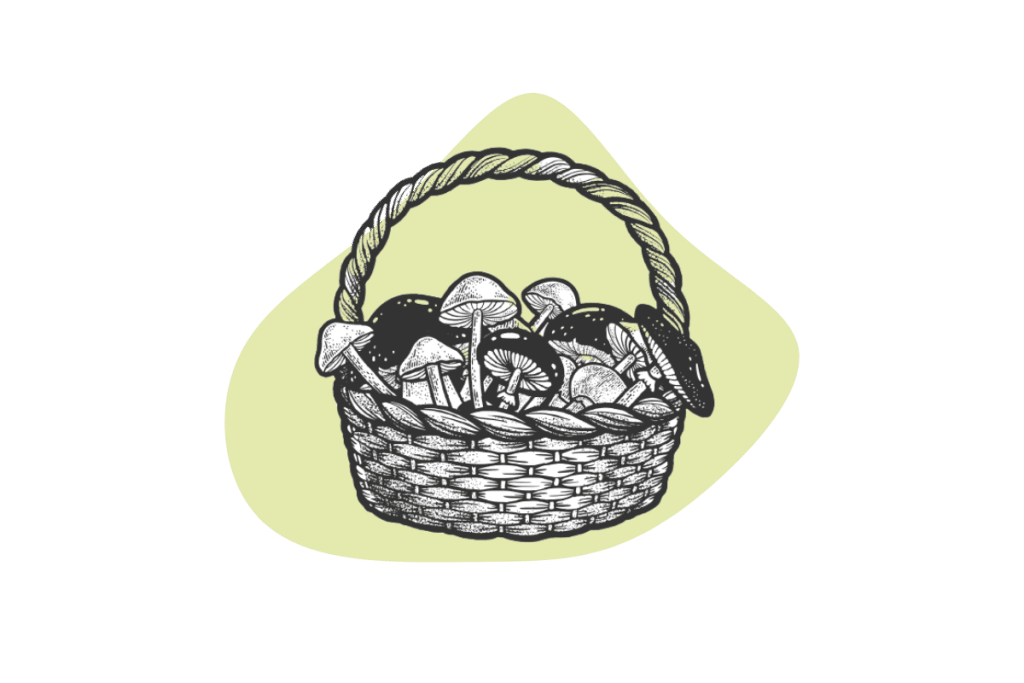
Do Magic Mushrooms Grow Wild in Colombia?
Yes, some magic mushroom species grow wild in Colombia.
Magic mushrooms grow naturally practically all over the world, and in Colombia, you can find many species. The climate here is optimal for tropical species like Psilocybe cubensis and Panaeolus spp.
Some of the most common species of magic mushrooms known to thrive in Colombia include:
- Panaeolus cambodginiensis
- Panaeolus cinctulus
- Psilocybe caerulescens
- Psilocybe columbiana
- Psilocybe cubensis
- Psilocybe guatapensis
- Psilocybe hoogshagenii
- Psilocybe pintonii
- Psilocybe plutonia
- Psilocybe semiangustipleurocystidiata
- Psilocybe subacutipilea
- Psilocybe yungensis
- Psilocybe zapotecorum
Related: Where Do Magic Mushrooms Grow?
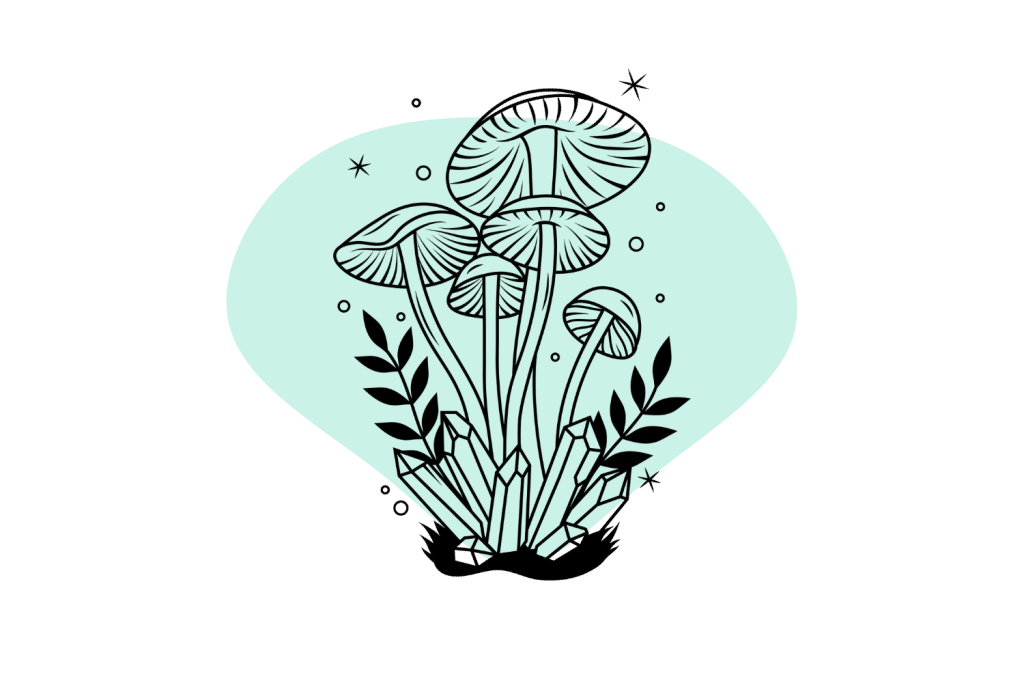
What Are the Medicinal Uses of Shrooms?
As mentioned above, many first-world countries are considering the legalization or decriminalization of magic mushrooms and other psychedelics. This is due to recent findings on their potential therapeutic benefits.
These are the most important benefits:
- Depression — magic mushrooms have been shown to tackle problems with depression from several angles.
- Post Traumatic Stress Disorder (PTSD) — psilocybin and other psychedelics possess antidepressant and anxiolytic properties, which help treat this disorder.
- Existential Anxiety — a condition that mainly affects terminally-ill people. As with PTSD, psilocybin can help by shifting one’s perspective about life and death.
- Cluster Headaches — a recent study shows that psilocybin is one of the best psychedelics for treating cluster headache attacks.
- Addiction — Some of the most common symptoms of addiction are anxiety and depression, and mushrooms help deal with them.
Psychedelics not only serve to treat these illnesses and disorders but have also been shown to increase the ability to solve complex problems and enhance creativity. They do this by suppressing the highly organized activity of our brain, leading to greater insight and capacity for divergent thinking.
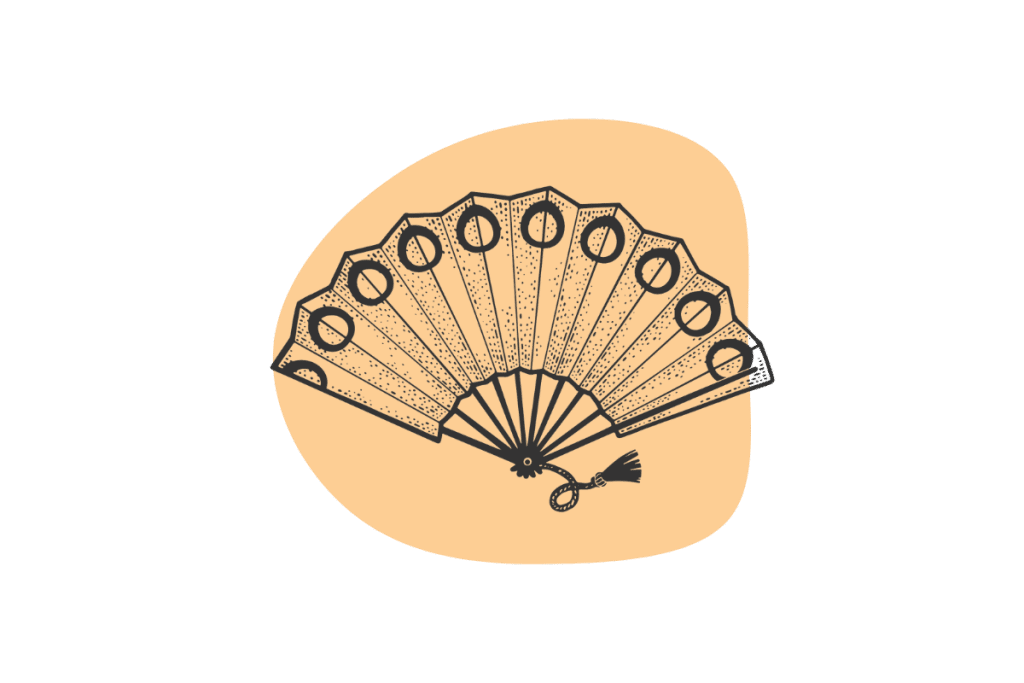
Is LSD Legal in Colombia?
No, LSD (lysergic acid diethylamide) is illegal in Colombia.
LSD is a synthetic substance with effects similar to psilocybin. Colombian law states that possessing less than 200 grams of any synthetic drug can be penalized with a term of imprisonment of between five to nine years.
For larger quantities, penalties increase significantly — from eight to twelve years in prison or fines of 124 to 1,500 legal monthly minimum wages.
Other lysergamide psychedelics likely follow the same regulations — although only a few of them are specifically mentioned. LSD-analogs include such substances as LSZ, ETH-LAD, ALD-52, PRO-LAD, 1P-LSD, and more.
Is DMT Legal in Colombia?
No, DMT (dimethyltryptamine) is illegal in Colombia.
DMT is a potent psychedelic compound closely related to serotonin found in ayahuasca, changa, and Bufo alvarius. There are also synthetic versions, including isolated N,N-DMT, 5-MeO-DMT, 5-Bromo-DMT, and 4-AcO-DMT.
Although Colombian law does not have a specific sentence for this substance, carrying DMT may be punishable by the same penalties as other synthetic psychedelics — which range from five to nine years in prison.
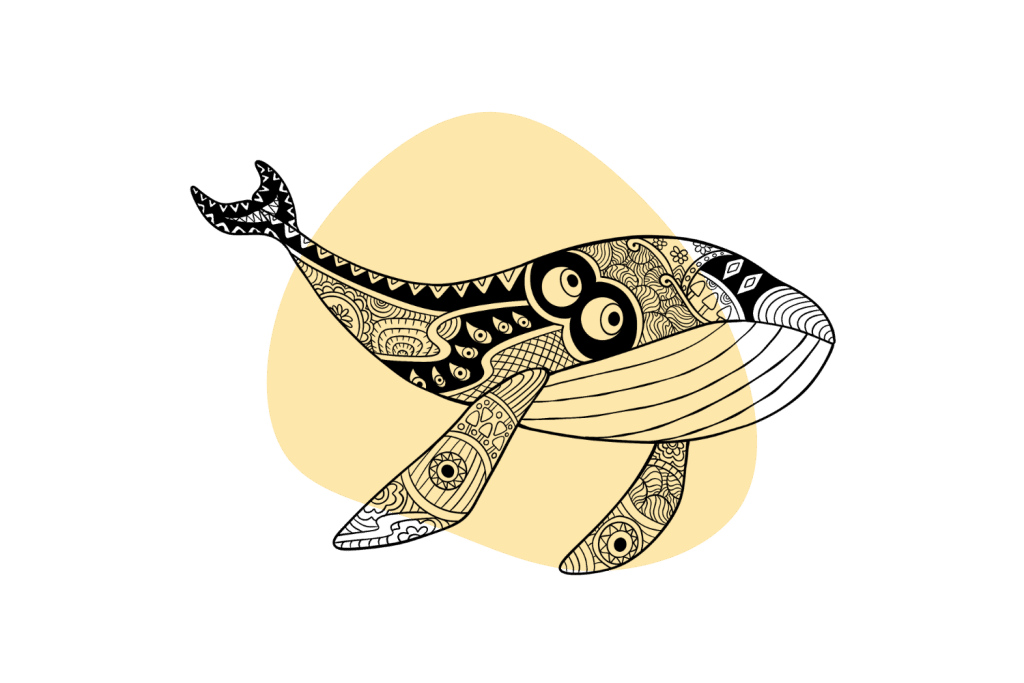
Is MDMA Legal in Colombia?
No, MDMA is illegal in Colombia.
MDMA is another psychedelic that helps treat various diseases and disorders. In fact, many countries are already moving towards legalizing this substance for medical use.
For the time being, all MDMA use is considered illegal in Colombia, and penalties can reach up to 9 years, even for relatively small amounts.
Other amphetamine psychedelics are considered illegal here, too, including MDA, TFM, DOC, DOI, and DOM.

Is Ketamine Legal in Colombia?
No, ketamine is illegal in Colombia, except for certain medical applications.
Ketamine has been shown to have excellent therapeutic benefits that can help treat depression and PTSD. Some countries are even considering its legalization. However, ketamine can also become addictive if used irresponsibly.
However, if the police catch you with up to sixty grams of ketamine in Colombia, you can be sentenced to imprisonment ranging from five to nine years. Higher quantities result in even larger fines and prison sentences.
Other arylcyclohexamine psychedelics like PCP and DCK are also considered illegal here. Analogs like 3-OH-PCP aren’t explicitly mentioned, but there are reports of people getting arrested for these compounds regardless.
Is Marijuana Legal in Colombia?
No, marijuana is illegal in Colombia.
Although marijuana is illegal in Colombia, the use of cannabis for medicinal and scientific purposes has been legal since 2016. Cannabinoids like delta 8 THC, delta 10 THC, and HHC (hexahydrocannabinol) aren’t specifically mentioned — but it’s presumed these compounds are illegal here too. Colombia doesn’t make a distinction between hemp-derived cannabinoids and marijuana-derived cannabinoids.
If the police catch you carrying marijuana, you can go to prison for five to nine years. In larger quantities, you may be imprisoned for eight to twelve years.
What’s the Difference between Legalization & Decriminalization?
You have probably heard many people confuse legalization with decriminalization. However, these are very different terms that are important to differentiate.
Decriminalizing a substance simply reduces the penalties for possessing or using it in certain quantities. This measure prevents simple users from going to jail.
But when a substance is legalized, all penalties are eliminated, and its marketing to the public is regulated. This is the most efficient measure to end drug violence and black markets.
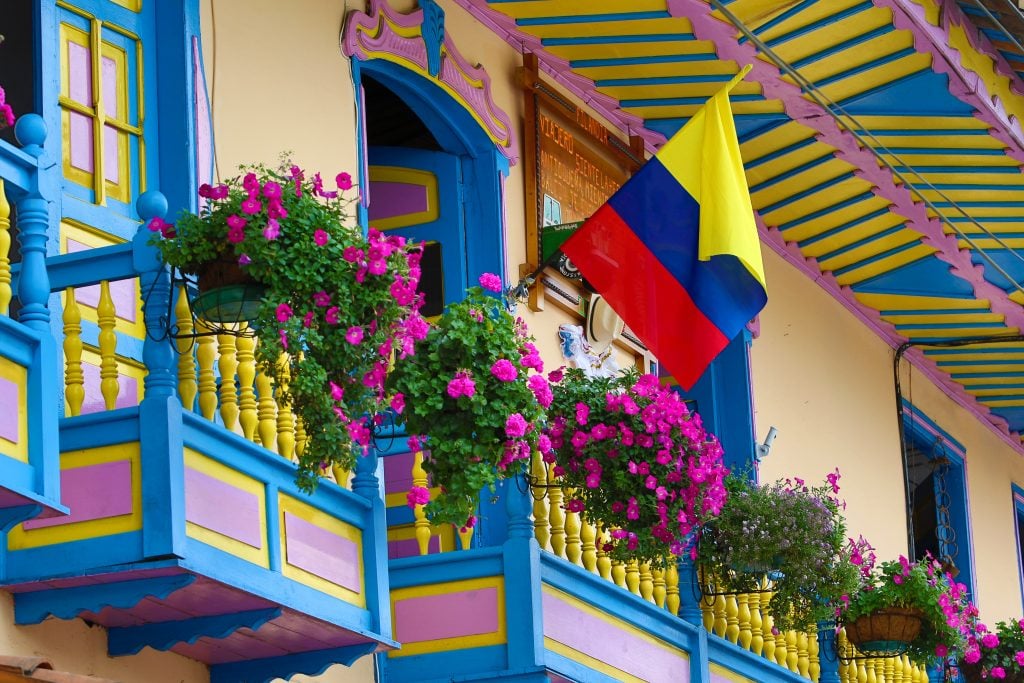
Key Takeaways: What’s The Future of Psychedelics in Colombia?
Psilocybin is illegal in Colombia, and at the moment, there is no sign that this will change.
However, not so long ago, all drugs were decriminalized. This was done in an attempt to curb the problems the country faces with illegal drug cartels and addiction. Many believe these laws were reversed as part of the campaign promises of a conservative government a few years ago. Once elected, these laws were silently reversed.
It’s very possible Colombia will reinstate drug decriminalization in the future.
Additionally, many countries are trending towards the legalization or decriminalization of psychedelics in light of promising research on the medicinal applications of psychedelics. We believe that sooner or later, Colombia will join this trend.

